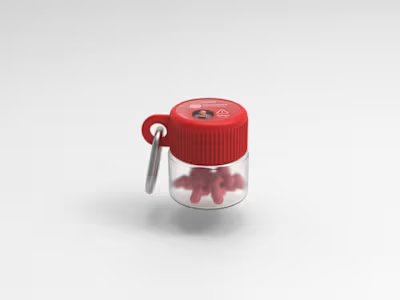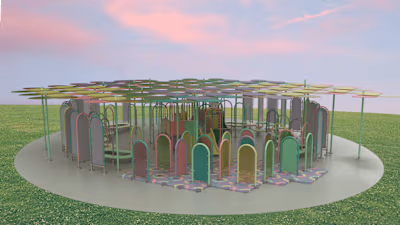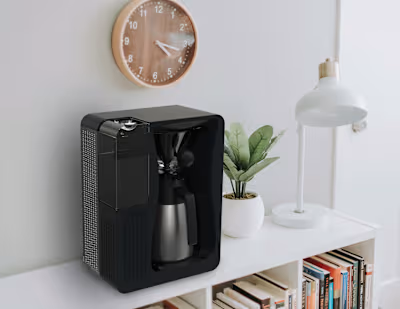Ginkoba 🩺prospective experience
The client. The Goldreed Industrial Design Award (GIDA) is a Chinese award that celebrates prospective design and the future city by exploring the eastern concept of “harmony and peace”. (contest-based design)
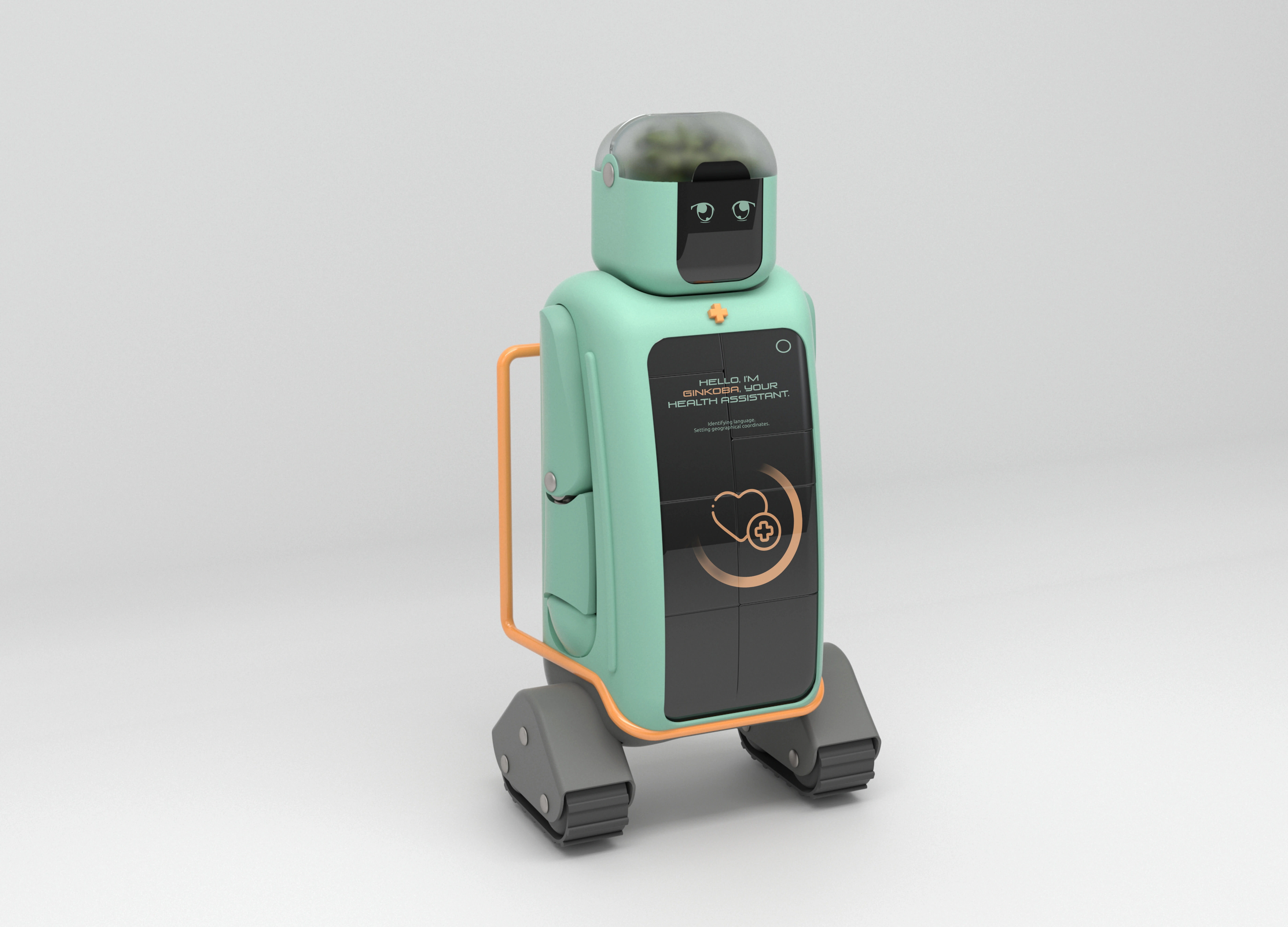
Objective. The objective of the project is to align with the contest guidelines to discover good design that can lead to a better lifestyle, upgrade industries, and balance city life with nature. Hence, creating new ways of social life and promoting harmonious development between man and nature.
Solution. The AI health assistant is equipped to attend to the most common diseases and conditions, perform analyses and studies remotely, and take medical consultations with specialists using a subscription plan. Amidst the COVID-19 health system collapse, this proposal aims to decentralize healthcare from hospitals and create a biometric and universal database for early identification of virus outbursts. It also intends to develop universal healthcare by aiding Front Line Workers in remote and vulnerable communities.
The robot has remote solar panels powered with WiTricity and a plant compartment that boosts ozone sterilization of the equipment and follows self-cleaning material trends. Ginkoba was designed with a deep understanding of the uncanny valley theories and a cohesive design language and color palettes that ease its introduction to different markets: either private sector healthcare, high-income households or vulnerable communities. For this project in-depth analyses of technology and material trends, China's aggressive plan to develop AI-centered social systems, healthcare systems, and design language were developed. Also, UI screens were designed for a better understanding of the robot's compartments and services provided.
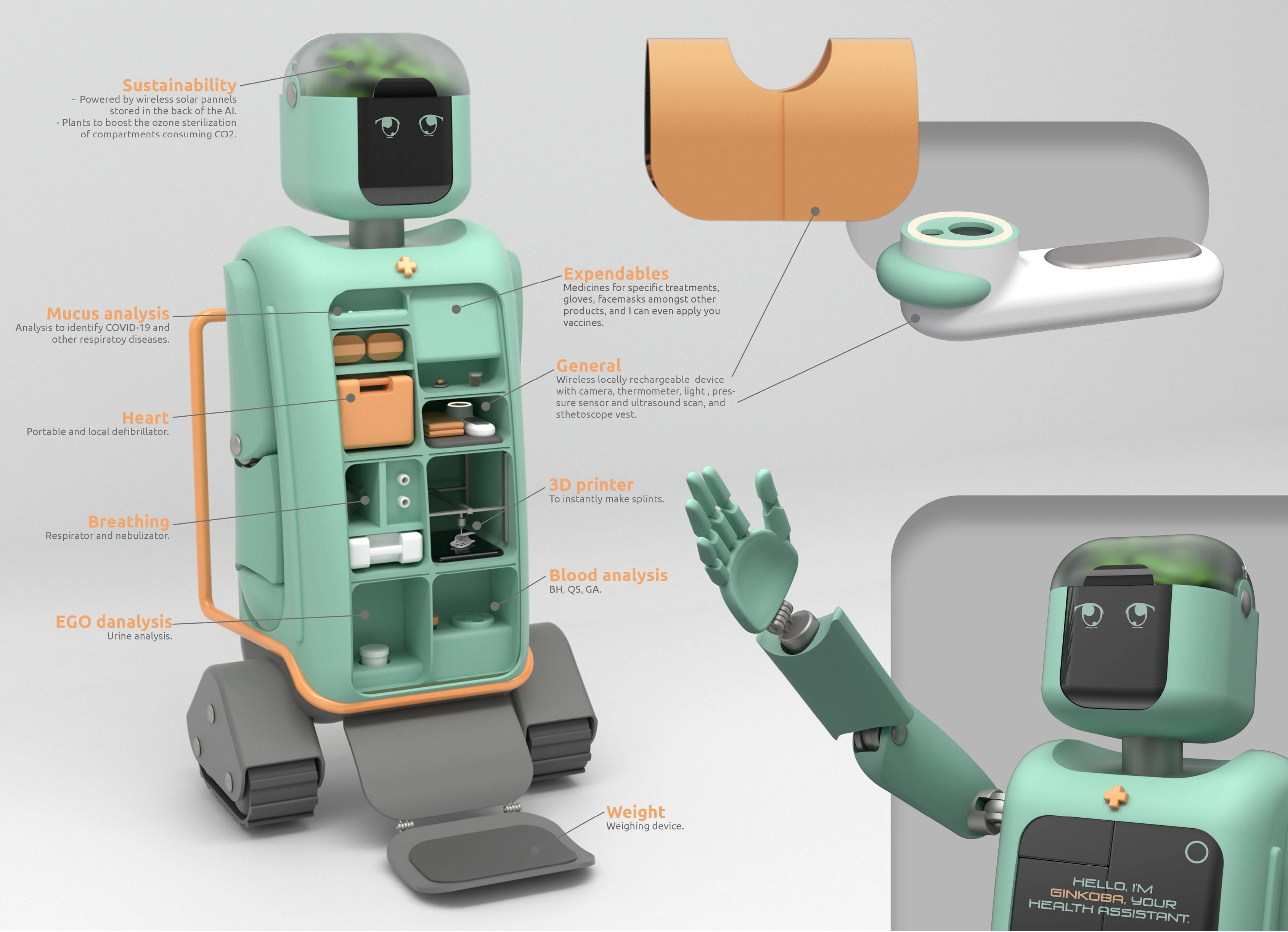
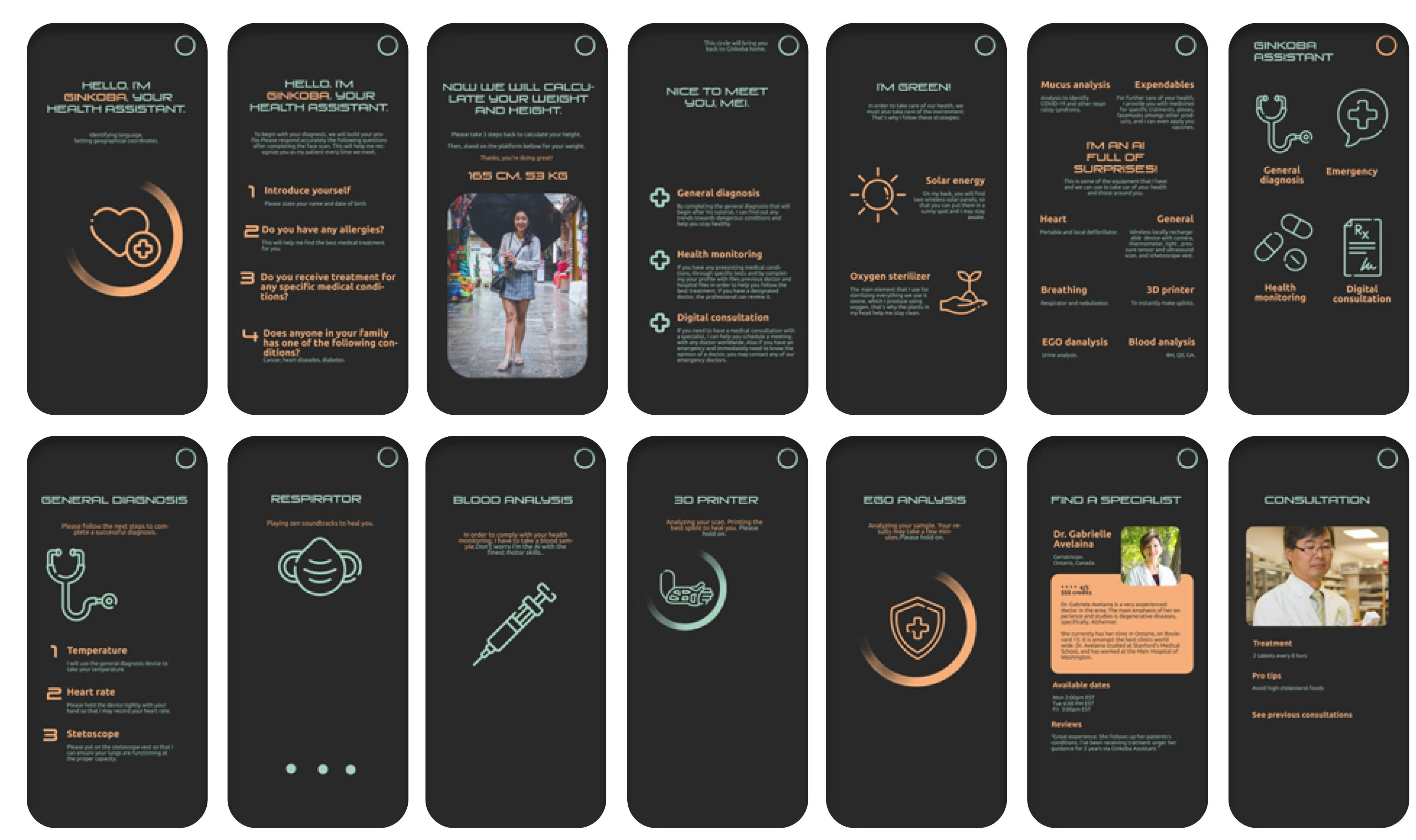
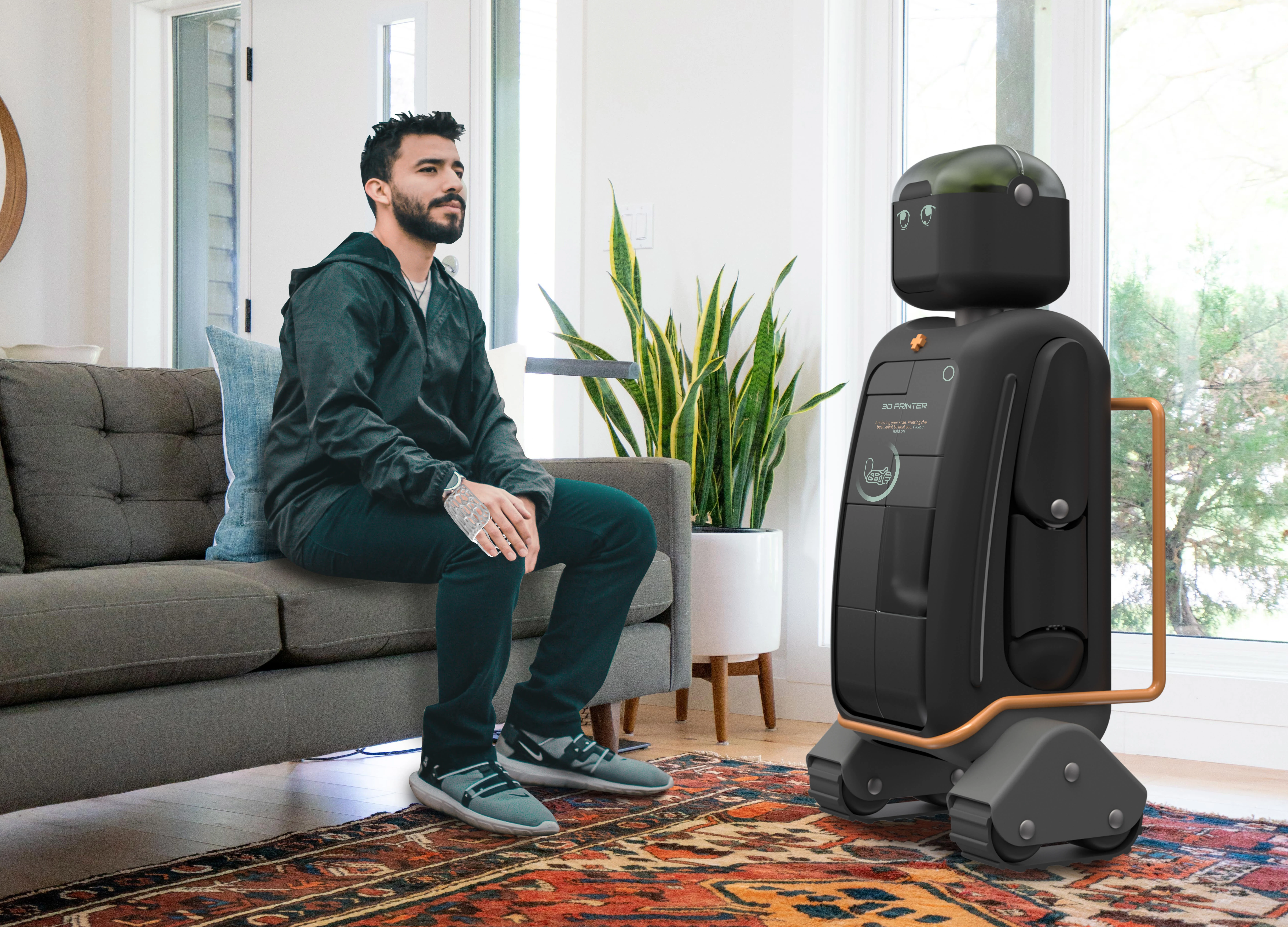
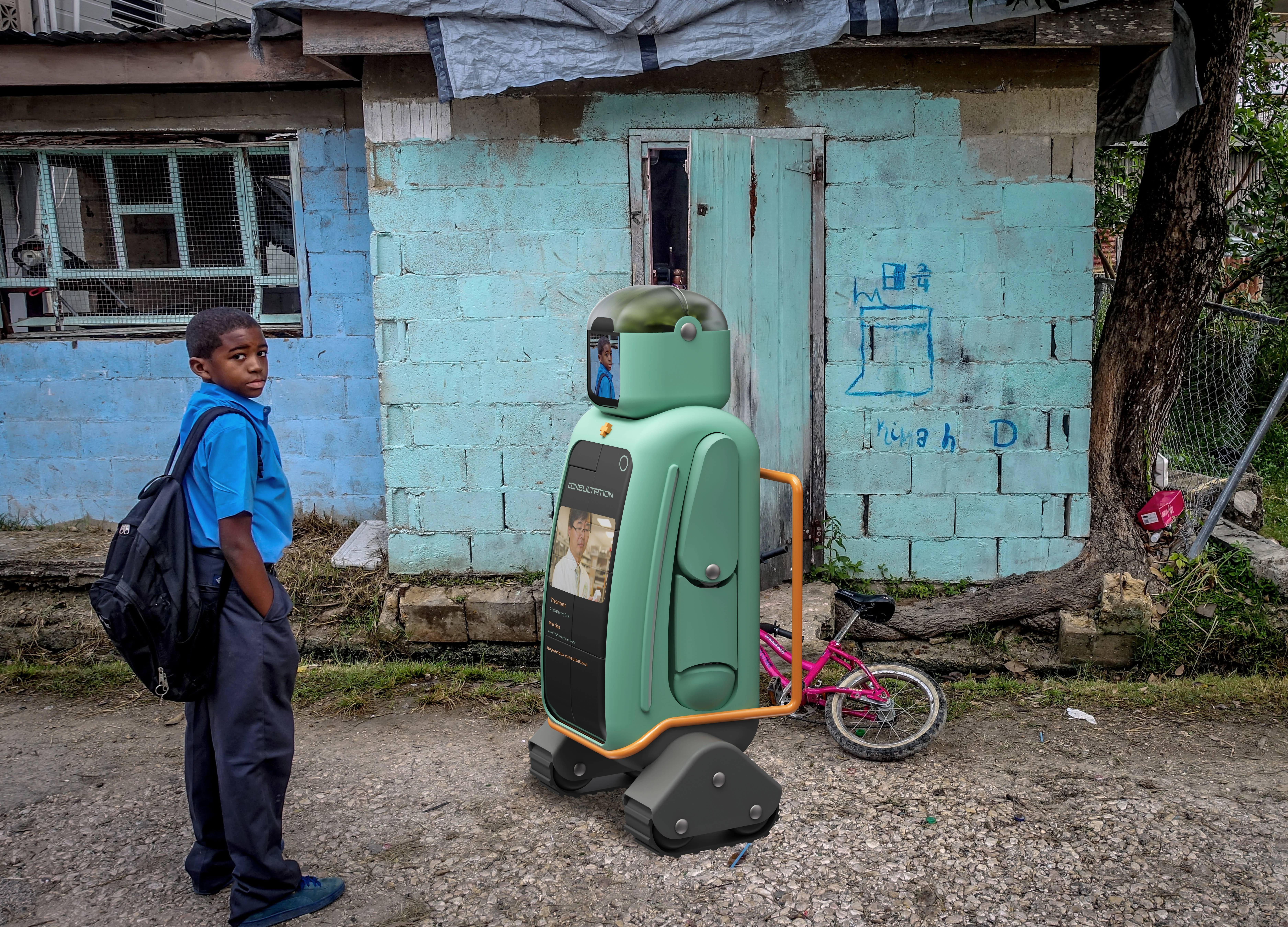
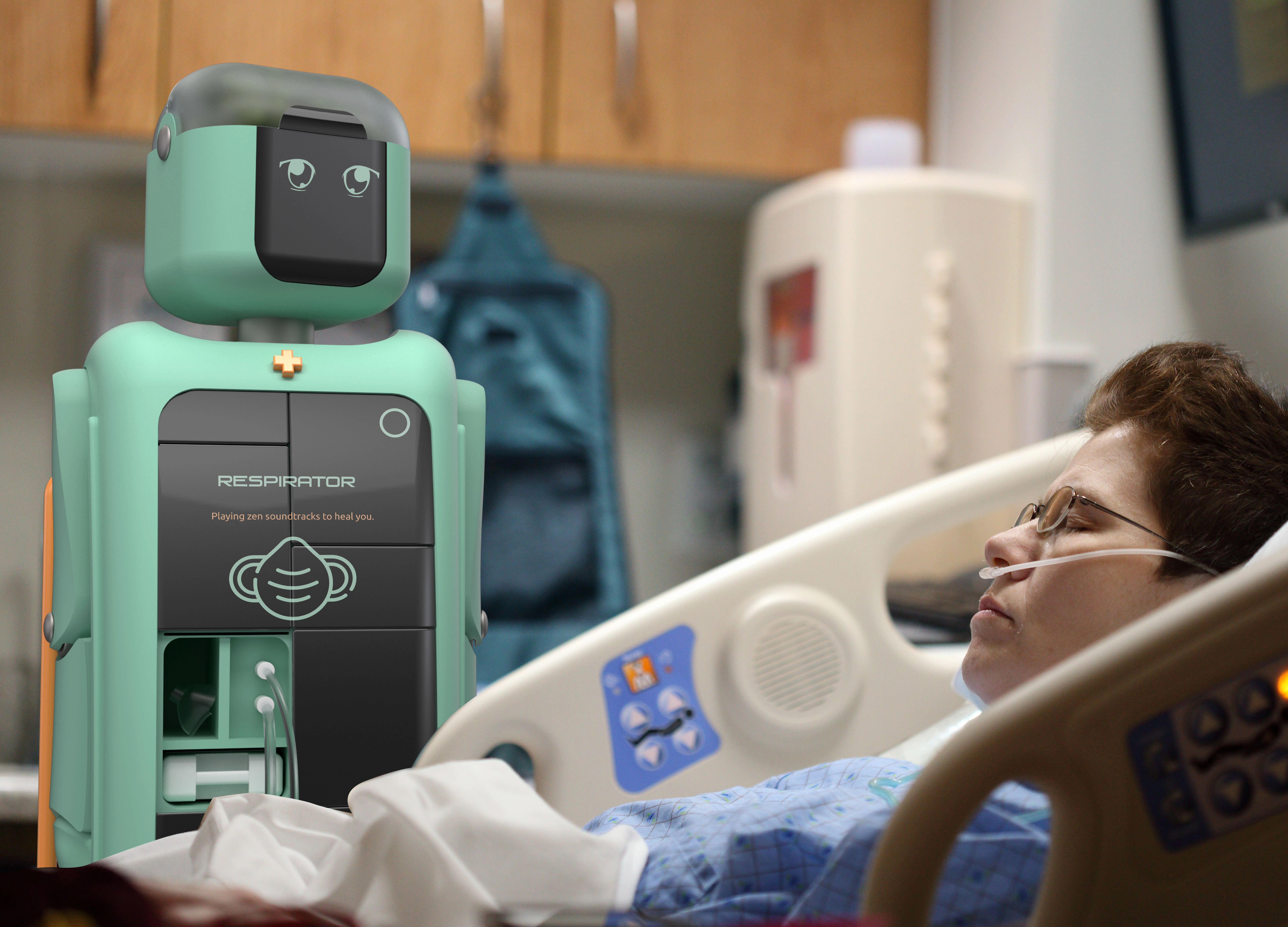
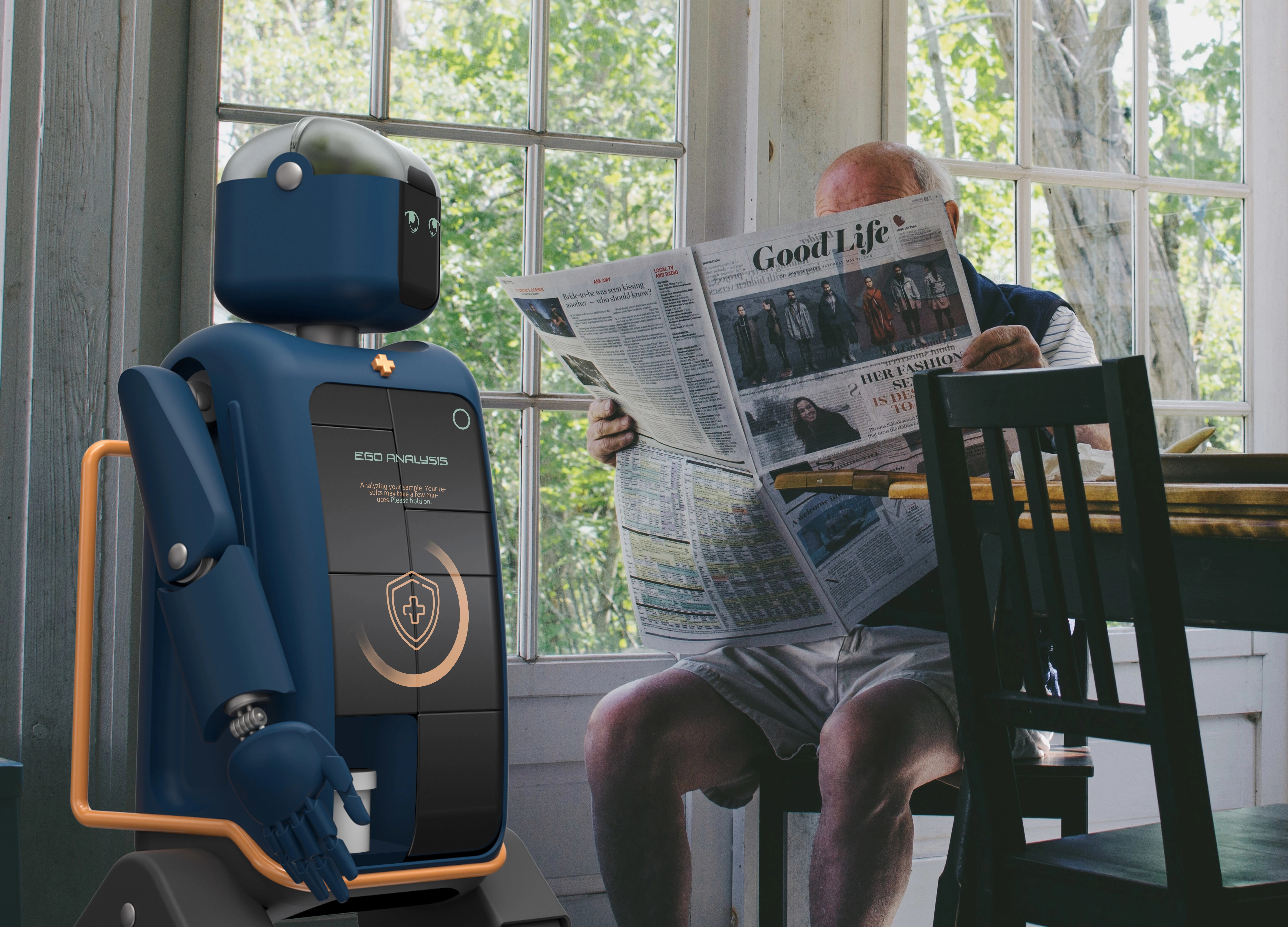
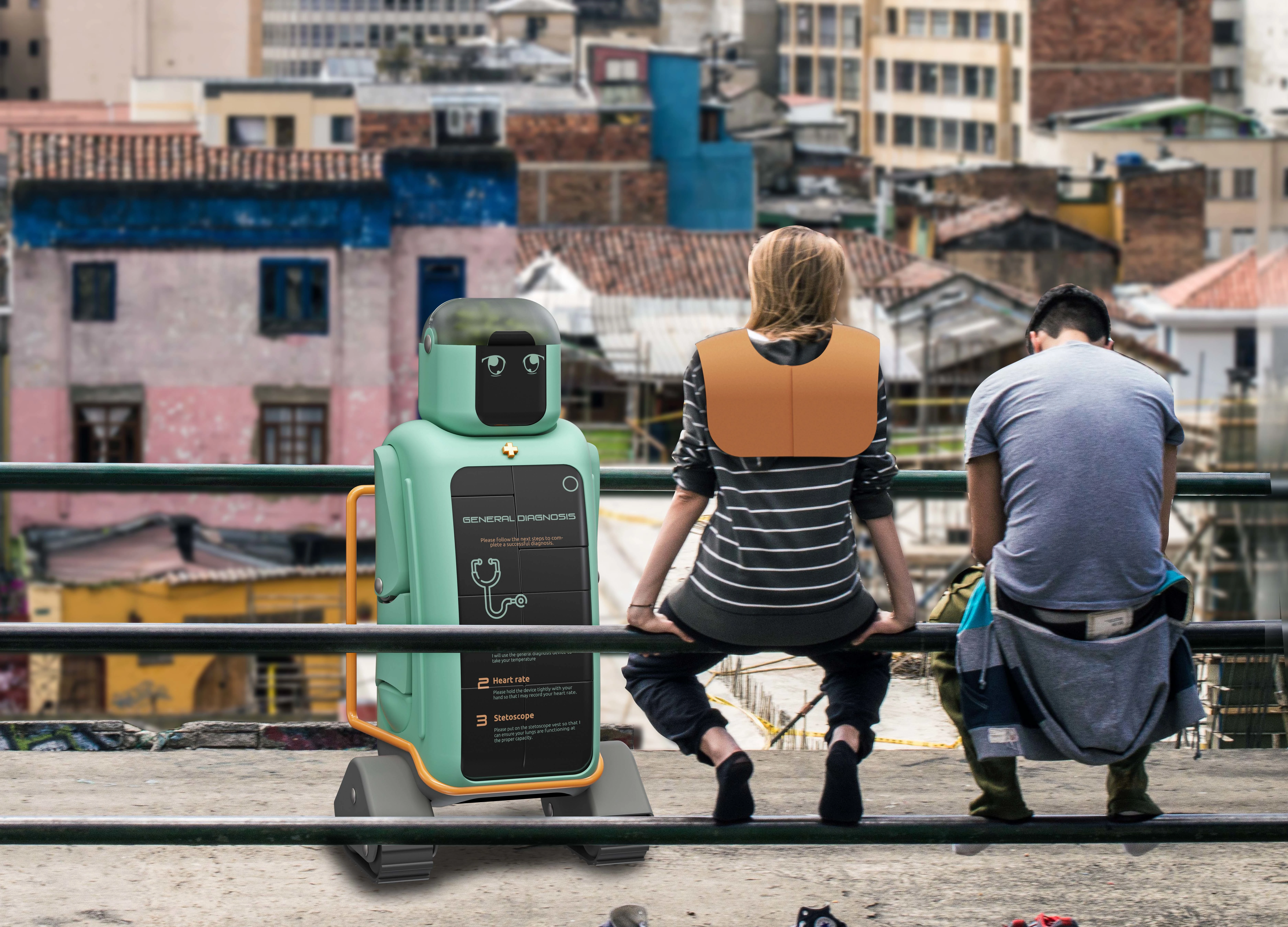
Keywords. Healthcare / Decentralized healthcare system / Customized health service trends / AI / IoT / Universal healthcare / COVID-19 / Front Line Workers / Health assistant robots / Uncanny valley / Remote medical consultation
Like this project
Posted Mar 24, 2023
Future landscapes research and design of AI health assistant for decentralized universal healthcare.
Likes
0
Views
25




